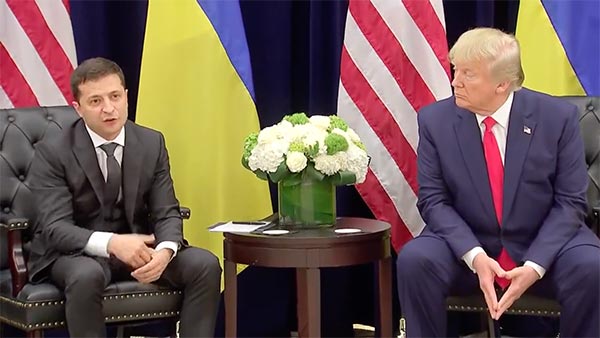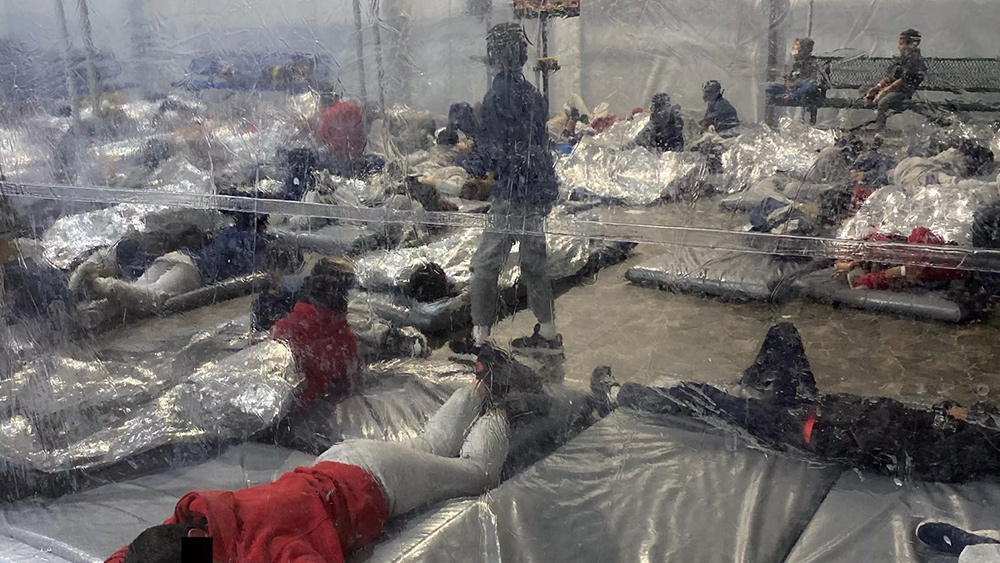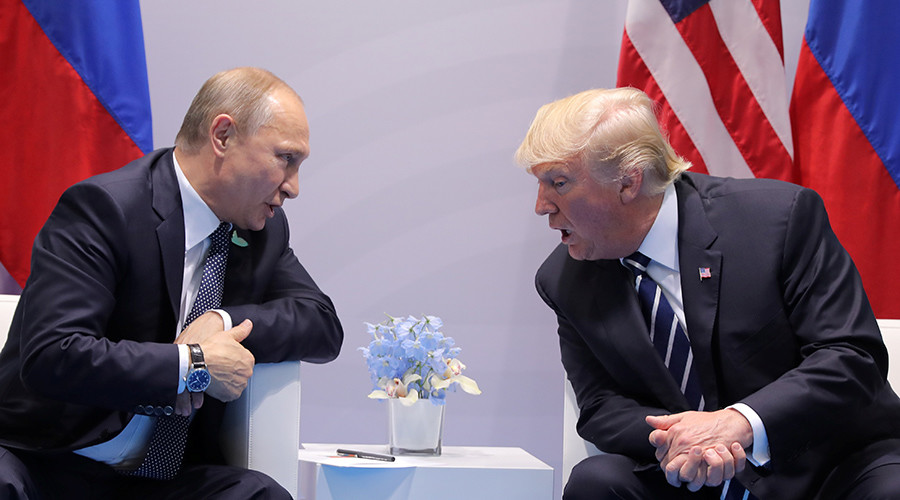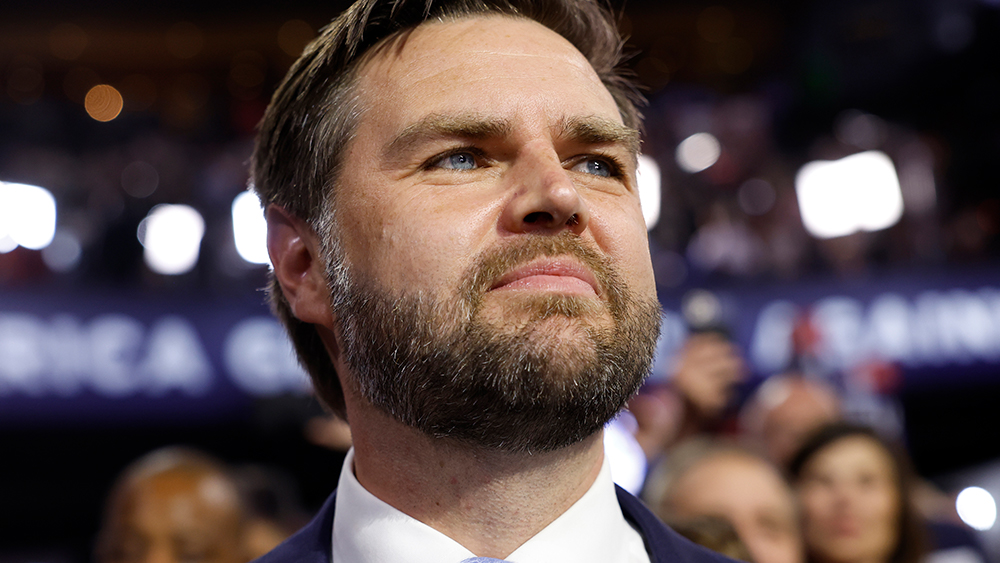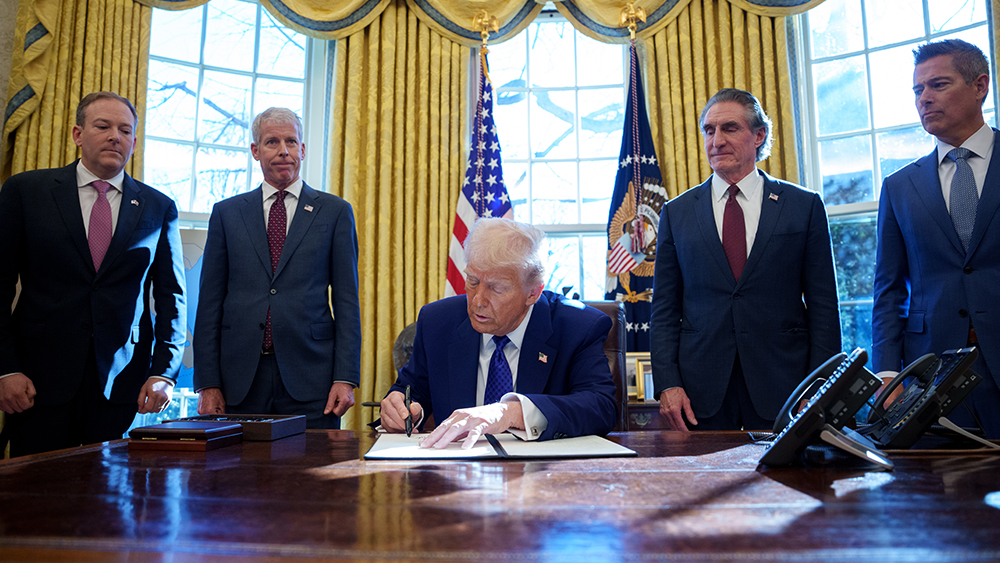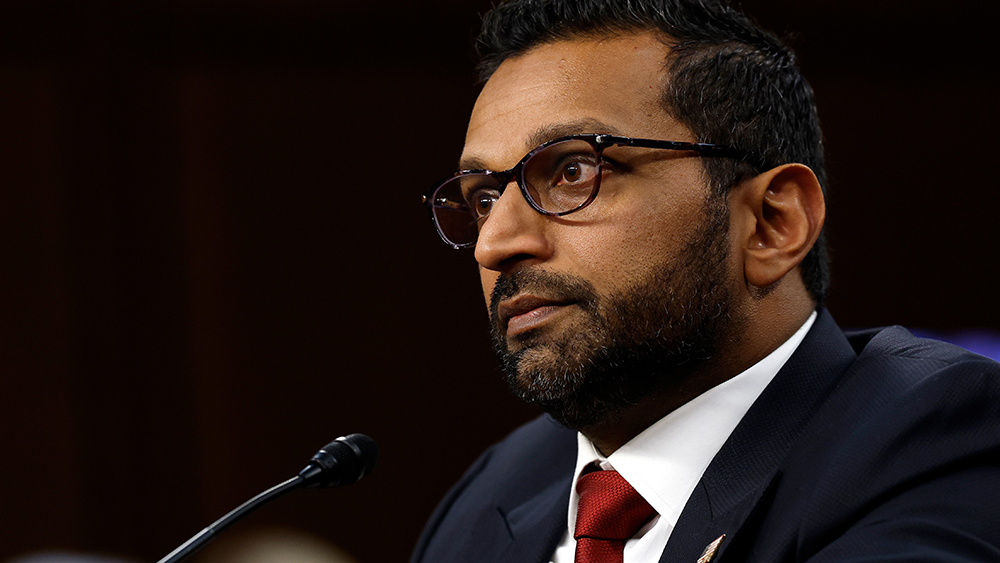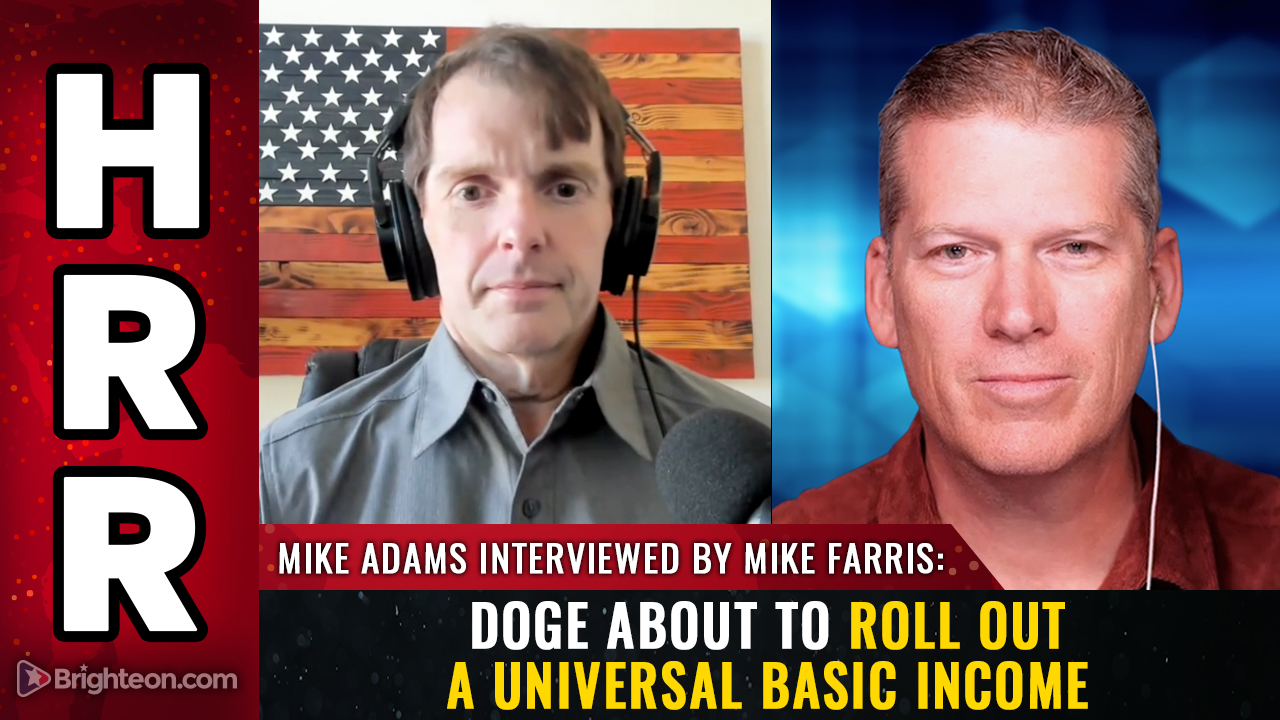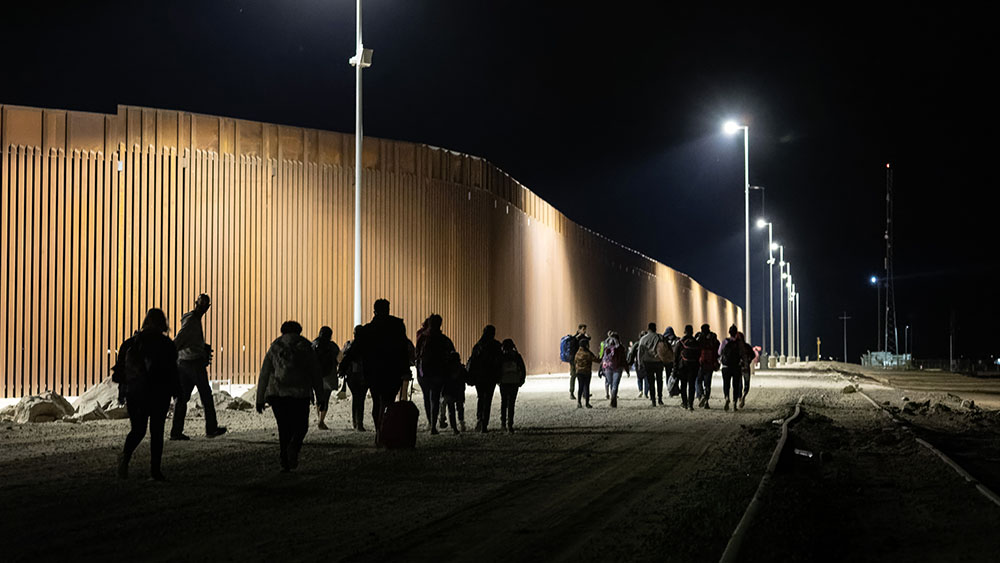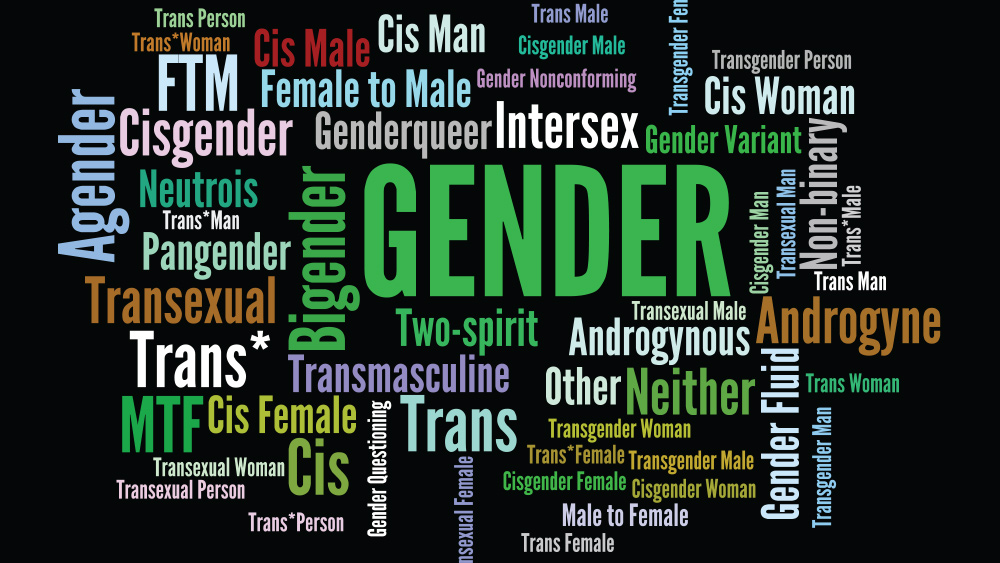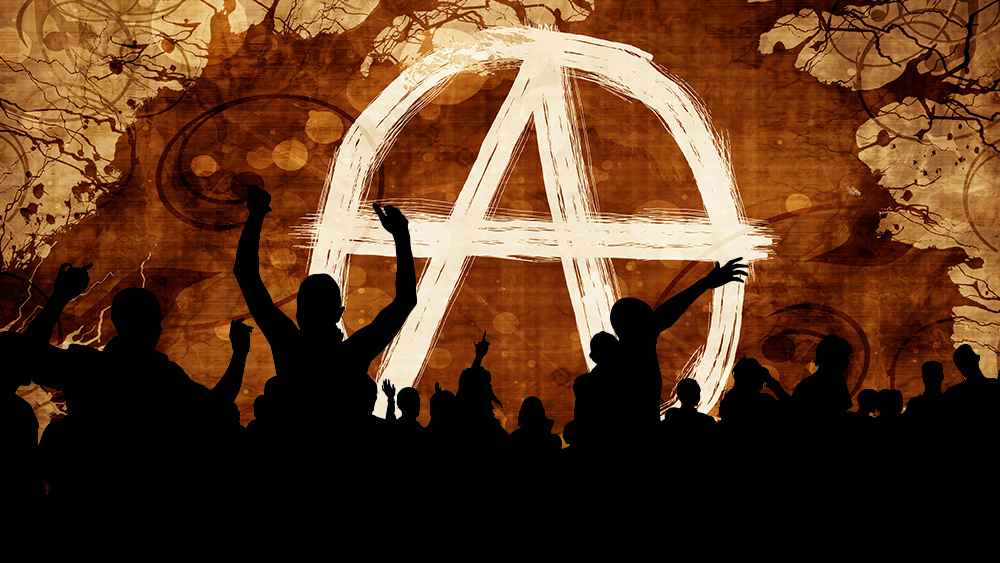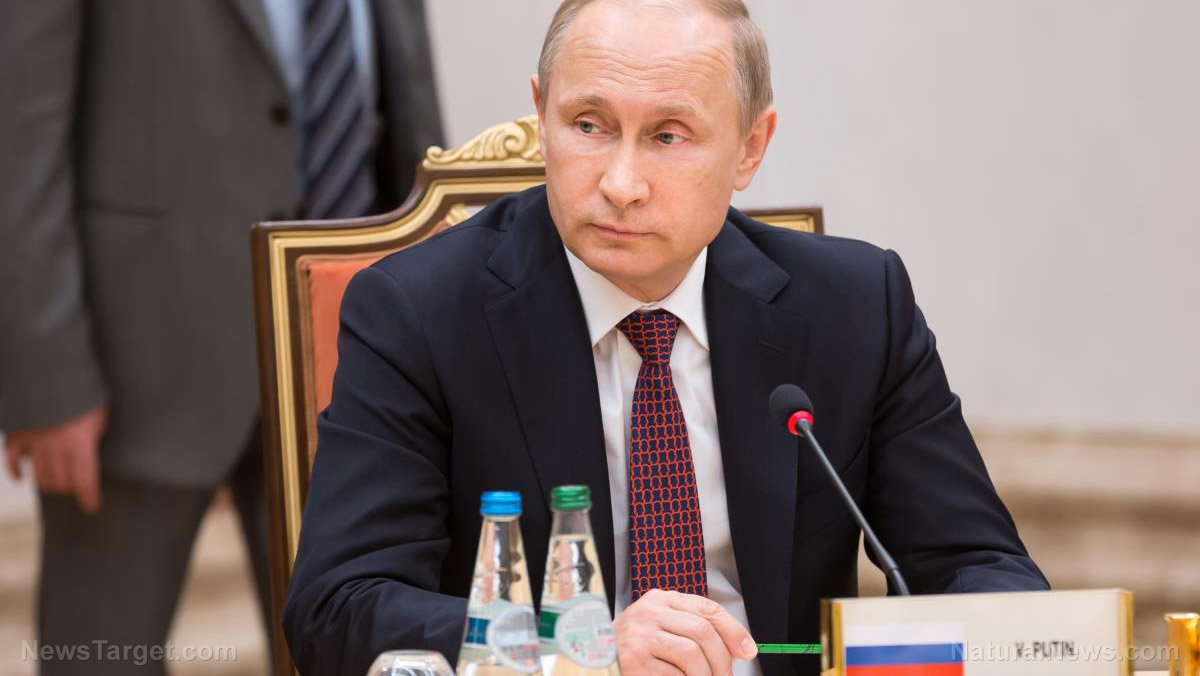U.S. and Russia seek peace in Ukraine, leaving Zelensky in panic over potential aid cuts
02/19/2025 / By Cassie B.
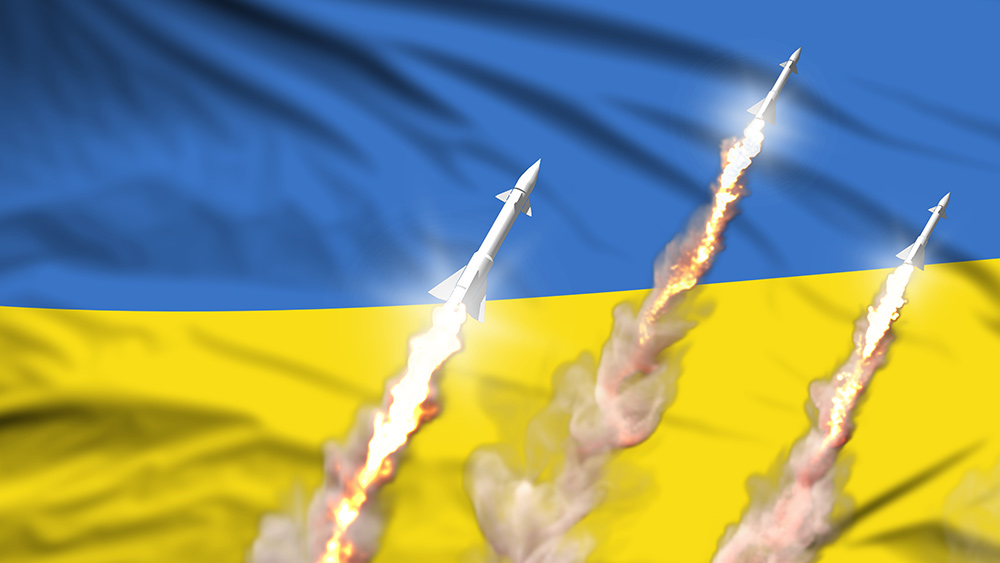
- The U.S. and Russia agreed to work toward ending the Ukraine war during high-level talks in Riyadh, signaling a potential thaw in relations.
- Ukraine was excluded from the talks, sparking outrage from President Zelensky, who fears being sidelined in a deal that could jeopardize Western aid.
- The talks focused on restoring embassy operations, creating a negotiation team, exploring cooperation, and maintaining senior-level engagement.
- Zelensky and former U.S. President Trump exchanged heated accusations, highlighting growing tensions between Ukraine and the U.S. under Trump’s pragmatic approach.
The United States and Russia have agreed to work toward ending the war in Ukraine, signaling a potential thaw in relations between the two superpowers. The breakthrough came after a high-level meeting in Riyadh, Saudi Arabia, on Tuesday, where U.S. Secretary of State Marco Rubio and Russian Foreign Minister Sergei Lavrov outlined a roadmap to restore diplomatic ties and negotiate a lasting peace.
However, the absence of Ukrainian officials at the talks has left President Volodymyr Zelensky fuming, as Kyiv fears being sidelined in a deal that could jeopardize its reliance on Western aid.
The meeting, which included U.S. National Security Adviser Mike Waltz and Russian President Vladimir Putin’s foreign policy advisor Yuri Ushakov, marked the first significant effort to end the conflict since Russia’s full-scale invasion in February 2022. While both sides described the talks as “positive” and “constructive,” Zelensky lashed out, accusing the U.S. of negotiating behind Ukraine’s back and vowing not to abide by any agreement reached without Kyiv’s involvement.
The U.S.-Russia talks focused on four key points: restoring embassy operations in Washington and Moscow, creating a high-level team to negotiate an end to the Ukraine war, exploring economic and geopolitical cooperation, and maintaining ongoing engagement between senior officials. Rubio emphasized that ending the conflict could “unlock the door” for improved relations and global stability.
“We need to have diplomatic facilities that are operating and functioning normally,” Rubio said during a press conference. He added that there will have to be concessions by all parties but the U.S. “is not going to predetermine” them.
Lavrov echoed Rubio’s optimism, stating, “We not only listened but also heard each other. I have reason to believe the American side has better understood our position.”
Zelensky’s panic over aid
The absence of Ukrainian officials at the talks has sparked outrage in Kyiv, with Zelensky accusing the U.S. of sidelining his country. “We were not invited to the meeting between the U.S. and Russia in Saudi Arabia. It was a surprise for us, and we learned about it from the media,” Zelensky said.
The Ukrainian president’s concerns are not unfounded. With the U.S. and Russia now working toward a peace deal, Kyiv fears that its reliance on billions of dollars in Western aid could be at risk. Zelensky has repeatedly warned that any agreement without Ukraine’s participation would be unacceptable, but his protests have been met with little sympathy from Washington.
President Donald Trump, who has long criticized U.S. financial support for Ukraine, dismissed Zelensky’s complaints. “They had a seat at the table for three years,” Trump said.
The diplomatic breakthrough has also fueled a war of words between Trump and Zelensky. Trump called Zelensky “a dictator without elections” and accused him of dragging the U.S. into an unwinnable conflict. “You should have never started it—you could have made a deal,” Trump said.
Zelensky fired back, accusing Trump of living in a “disinformation space” created by Russia. “We understand that it is coming from Russia,” Zelensky said. “We have seen this disinformation.”
The escalating tensions between the two leaders highlight the growing rift between the U.S. and Ukraine under the Trump administration. While former President Joe Biden championed Ukraine’s cause, Trump has taken a more pragmatic approach, prioritizing U.S.-Russia relations over Kyiv’s demands.
Will the war finally end?
The U.S.-Russia talks represent a significant step toward ending the war, but the road ahead is filled with challenges. Ukraine’s exclusion from the negotiations has raised concerns among European allies, who fear being sidelined in a deal that could favor Moscow.
For now, the focus remains on whether the U.S. and Russia can maintain their newfound momentum. Rubio emphasized that this is just the start of the conversation and that there is more work to do before it can be resolved.
With Ukraine’s survival increasingly dependent on Western aid, Zelensky’s panic is not surprising. But as the U.S. shifts its focus to repairing relations with Russia, Kyiv may find itself with fewer friends—and fewer handouts—than it once had.
Sources for this article include:
Submit a correction >>
Tagged Under:
big government, chaos, conflict, corruption, deep state, government debt, national security, Russia, Trump, Ukraine, weapons technology, WWIII, Zelensky
This article may contain statements that reflect the opinion of the author
RECENT NEWS & ARTICLES
Trump.News is a fact-based public education website published by Trump News Features, LLC.
All content copyright © 2018 by Trump News Features, LLC.
Contact Us with Tips or Corrections
All trademarks, registered trademarks and servicemarks mentioned on this site are the property of their respective owners.


